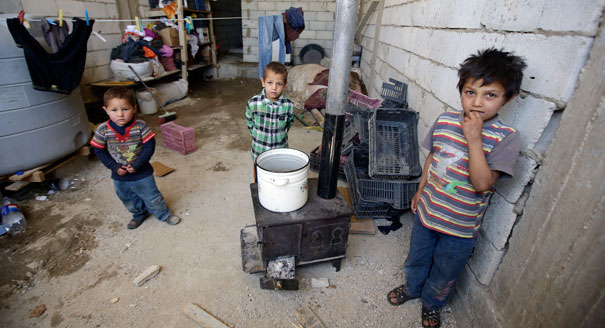Source: Lancet
Health service delivery is high on the agenda in the Arab world today, as the situation in Syria demonstrates. Part of a new series on health in the Arab world published by leading medical journal The Lancet, the paper “Governance and Health in the Arab World”—of which Carnegie Middle East Center director Lina Khatib is a co-author—suggests that there is a clear association between more effective government and average reductions in mortality in the region. The paper authors emphasize that the process of health policy reform is as important as the actual content, as for policy reform to be effective, governments need to be accountable in the delivery of services for all extant populations. The paper presents policy recommendations for health reform to international stakeholders, arguing for the inclusion of broader input from and engagement with citizens, civil society, and NGOs (as opposed to only engaging governments or entrenched elites). The paper concludes that the international community must focus on increasing government efficacy and improving accountability, which can both lead to reform that will in turn expand and protect opportunities, health, and well-being in the Arab world.
